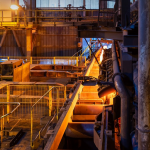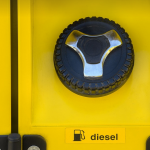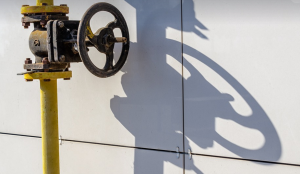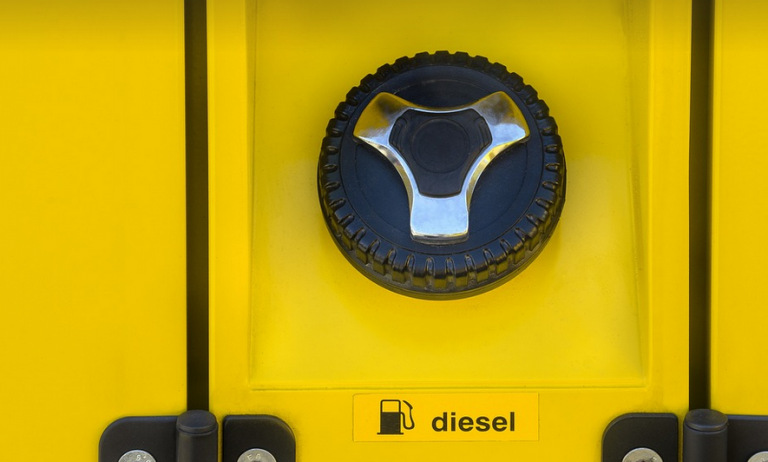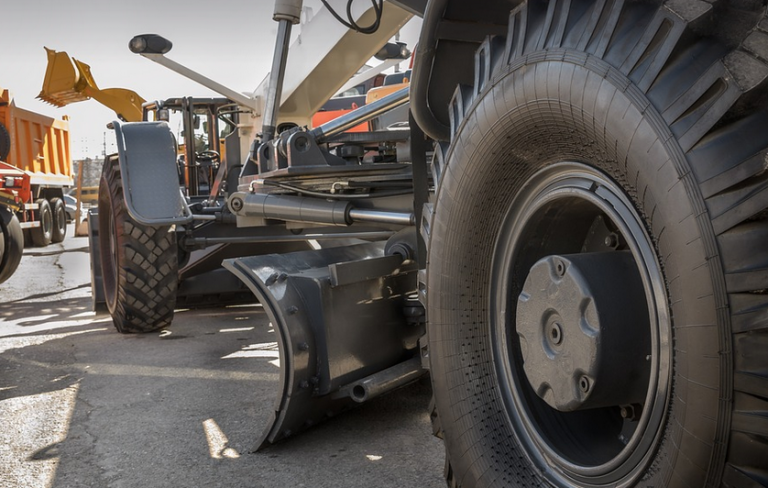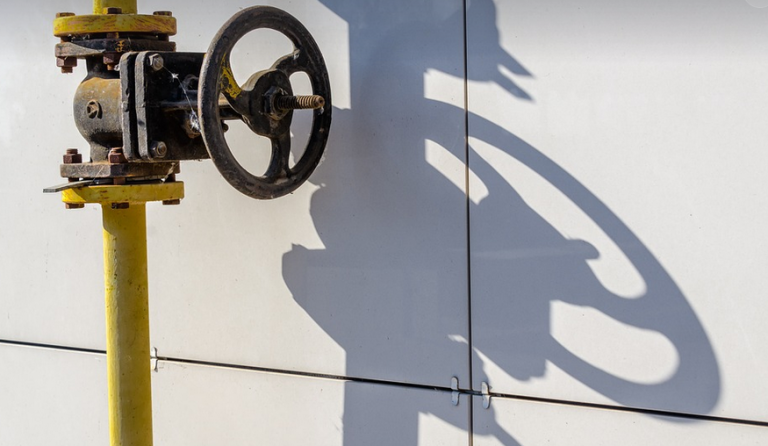The Growing Need for Eco-Friendly Practices in Detailing and Car Washing
The automotive industry, with its vast network of repair shops, dealerships, and self-service car washes, is facing a big challenge: water conservation. Traditional wash bays, often using immense quantities of fresh water to clean vehicles, are contributing to a serious strain on our planet’s dwindling resources. The good news is that innovative solutions are emerging, designed not only to reduce water consumption but also to contribute to sustainable development within the automotive sector.
What Makes Wash Bay Water Recycling Systems So Important?
Wash bay water recycling systems offer a tangible solution to this environmental concern. These systems utilize sophisticated technology to capture, clean, and reuse wastewater generated during car washes, significantly reducing reliance on fresh water sources. The benefits are multifaceted: eco-friendliness, cost-savings, improved efficiency, and reduced pollution.
At the heart of these systems lies a robust filtration process designed to remove contaminants such as dirt, grease, oil, and brake fluid from the wash bay water before it’s reused. These systems utilize multi-stage settling tanks, skimming systems, and advanced filtration technologies like reverse osmosis and activated carbon filters to ensure high water quality for reuse.
Unveiling the Benefits of Water Recycling
Water recycling in wash bays offers a wide array of advantages that go beyond simple environmental consciousness. Let’s delve into some of the key benefits:
* **Reduced Water Consumption:** This is arguably the most significant benefit. By reusing water generated during car washes, these systems drastically reduce the need for fresh water intake. In many cases, recycled water can be reused multiple times, further minimizing overall water usage.
* **Cost Savings: Water recycling significantly reduces operational expenses for businesses. The cost of fresh water is often a substantial expense for car washes and detailing facilities. By using reclaimed water, these costs are dramatically reduced, leading to significant savings over time.*
* **Environmental Protection:** These systems not only help reduce the strain on freshwater resources but also minimize the discharge of wastewater containing harmful contaminants into local water bodies. This protects our environment and safeguards public health.
* **Energy Efficiency: Water recycling often leads to a reduction in energy usage for car washes as well. Instead of relying on fresh water, these systems use recycled water for cleaning, thereby decreasing the need for pumps and other energy-intensive equipment.*
* **Enhanced Resource Management:** Water recycling encourages efficient resource management within the automotive industry. These systems provide insights into water consumption patterns, allowing businesses to optimize their operations for maximum efficiency.
The Future of Wash Bay Water Recycling Systems
The future of wash bay water recycling systems is bright and promising. Advancements in technology continually improve efficiency and effectiveness. We are witnessing an emergence of smart water management systems that go beyond basic filtration, incorporating data analytics to monitor water usage patterns and optimize recycling processes.
As the automotive industry continues to grow, water conservation becomes increasingly important. The adoption of innovative wash bay water recycling systems is no longer just a trend; it’s a necessity for sustainability and environmental responsibility. These systems present a clear path toward a greener future for the automotive industry.
It’s time for us to embrace the potential of water recycling in the car washing world and make a difference – one clean vehicle at a time!




